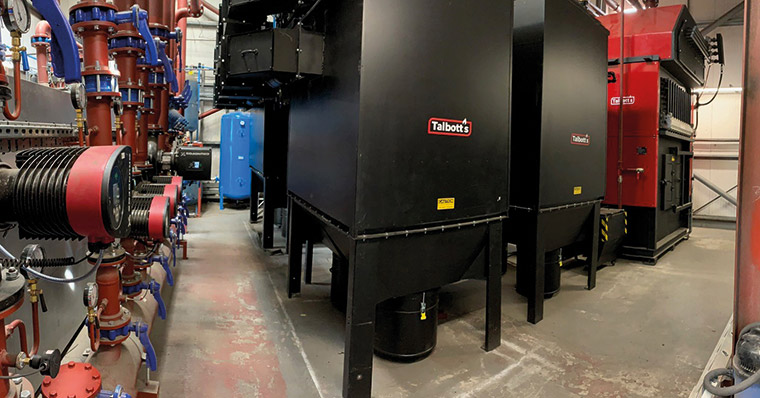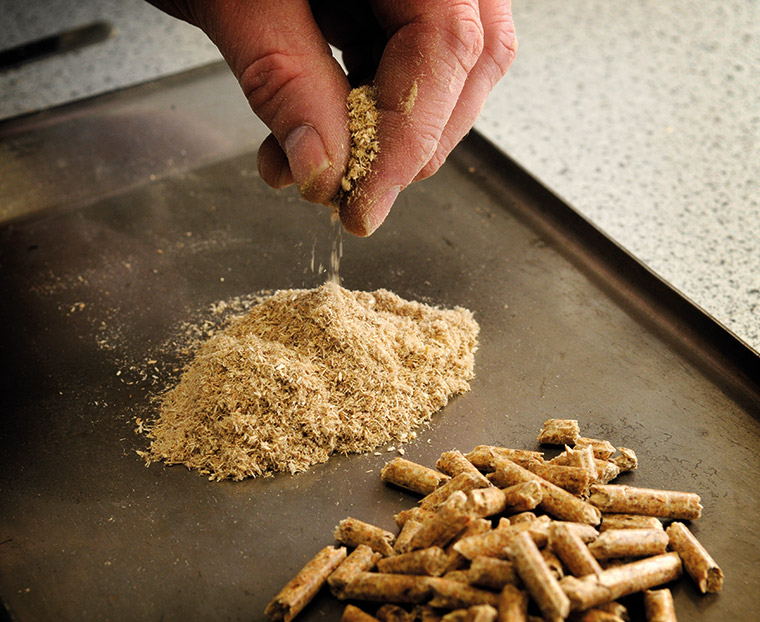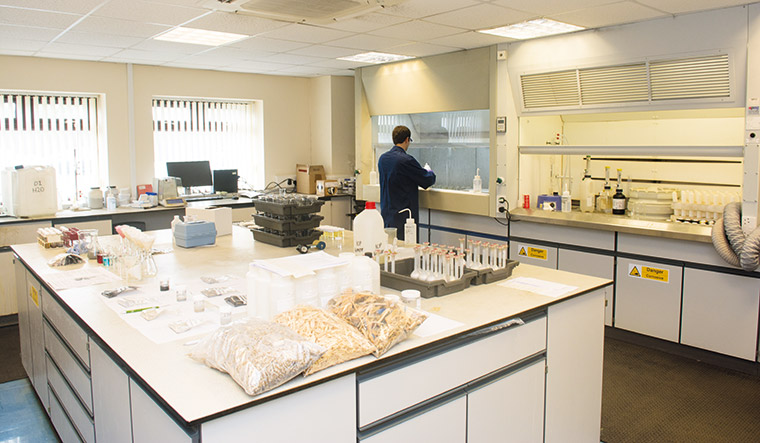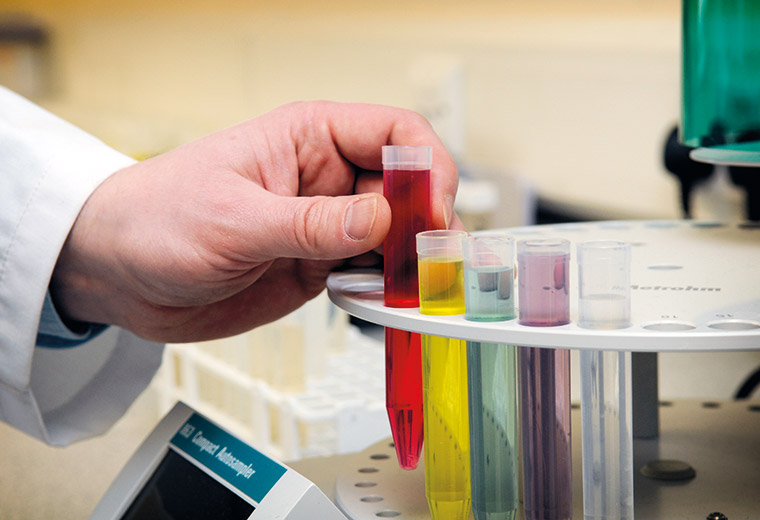The RHI is a Government financial support scheme to help promote the deployment of Renewable Energy Technologies. Once accredited to the scheme, participants with an eligible biomass boiler installation are able to receive a tariff for each kW of heat used for a period of up to 20 years. The scheme is administered by Ofgem and they are responsible for governance and administration, ensuring compliance to the RHI regulations.
The scheme is due to close for new participants on 31st March 2021 except for a few exemptions where an RHI extension application can be applied.
As part of the ongoing sustainability of the scheme, Ofgem are implementing robust fuel quality standards. These new standards will affect all participants of the RHI Scheme both current and existing. It is the intention to introduce criteria to ensure all fuel used on plants meet standards such as EN17225-4:2014, along with other recognised equivalents.

Participants will be required to provide evidence the wood fuel they have used in their accredited installation meets the wood fuel quality criteria. This information will be requested on a quarterly basis alongside meter readings and sustainability information. Department for Business, Energy & Industrial Strategy (BEIS) have indicated they will amend the terms of the BSL (Biomass Suppliers List) for woody fuels to ensure that all the fuel they accredit complies with the new criteria.
It is vital that owners and operators of RHI-accredited biomass boilers continue to meet their ongoing obligations for the lifetime of their accreditation. This is in order to protect their investment and minimise any financial risk.
These requirements include ensuring boilers are serviced regularly, meters calibrated and fitted correctly, relevant permits are in place, fuel records being kept and most critically the biomass fuel specification is suitable for the installation. It is written into the RHI regulations that the biomass content of the fuel should be at least 90% with no more than 10% contamination.

It has come to Ofgem’s attention that in many instances the type of biomass fuel used in the plant does not meet the required specification for the equipment. This has caused issues with owners and operators of equipment, risking their RHI being revoked or withdrawn. It is crucial that the fuel used within the plant is of high quality to ensure it doesn’t emit harmful emissions to the atmosphere or cause damage to the equipment.
There is the temptation to use cheaper and lower grade wood based fuels and whilst this may be acceptable where the installation is specifically designed for that purpose, full transparency of the fuel specification is still critical.

Alfred H Knight is at the forefront of providing accredited fuel sampling and testing services with a highly experienced division dedicated solely to biomass and waste wood. Recognised as one of the main specialist laboratories for UKAS accredited wood based fuel testing they have been providing certification for biomass and waste wood fuel in line with Ofgem’s requirement since the scheme first started.
With a number of remote offices and hubs, Alfred H Knight is already geared up to work Nationwide.
Offering a simple ongoing fuel testing service, so that not only suppliers of biomass fuel can be certain they are meeting requirements but also owners and operators of biomass and waste wood boiler equipment.
This gives confidence that everyone in the market is being duly responsible, reducing emissions to the atmosphere and protecting their investment for the long term. As members of ENplus, Good Chips and the Waste Recyclers Association, they are up to date with all the latest requirements. AHK are also able to offer complimentary regulatory support services provided by industry expert partners.

Amy Fielding, pictured, who has recently joined the AHK Team, comments: “After being involved within the biomass and waste wood energy sector for over 25 years, I am excited to have the opportunity to play an intricate part in the evolution of the UK’s biomass fuel industry. It has become evident over the years that fuel quality plays a critical part into the safe and reliable operation of biomass energy equipment.
“The mindset of using lower grades of fuel within boiler specifications not designed for that purpose needs to change. It may seem fruitful in the short term but unfortunately can lead to longer term losses and be detrimental to the environment. It is clear that responsibility needs to be taken throughout the fuel supply chain from producer, trader, and supplier to end user, with a transparent understanding of the fuel composition. The undertaking of regular fuel testing is the key to this.”
Amy, whose background includes knowledge of various biomass boiler equipment specifications, is set to be a great addition to the AHK team and as she will be continuing to offer general compliance services via her own company – Environmental Compliance Solutions – which will be mutually beneficial to the accredited fuel analysis offering.
For more information and expert advice visit www.solidfuels.ahkgroup.com or email [email protected]









